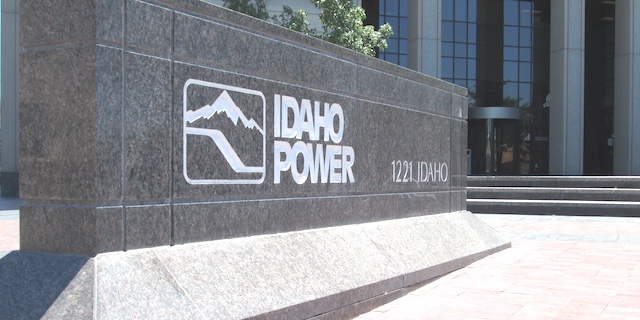Farmer Veteran Coalition chapter, UI Extension join forces
Published 2:30 pm Monday, November 18, 2024

- Ron Kern of Back Forty Farms. “There’s nothing better than getting your hands in the dirt and putting in a hard day’s work,” he said.
- Back Forty Farms detail
NAMPA, Idaho — U.S. Navy veteran Ron Kern loves all that comes with owning Back Forty Farms, including walking nearly 10 miles a day.
“There’s something innately satisfying when you go out and spend time with the animals and in the garden,” he said. “It’s a lifestyle — a lifestyle I never envisioned being in.”
Kern served in the Navy and owned a large private investigations firm before starting the farm about six years ago.
“There’s nothing better than getting your hands in the dirt and putting in a hard day’s work,” he said.
Kern serves on the Farmer Veteran Coalition Idaho chapter board. The chapter and University of Idaho Extension are working together on an initiative that aims to help veterans make the most of opportunities in agriculture. All current programs are offered free to veterans and their families.
The grant-funded project “is our way of giving back to veterans,” said UI Extension food systems and small farms educator Ariel Agenbroad. “We want to do what we can to help them succeed if they choose to pursue agriculture, food and farming for the therapeutic benefits, to sustain themselves and their families or to create business opportunities.”
Monthly webinars cover topics chosen to help military veteran farmers and ranchers, including those getting started. The monthly “Idaho Harvest Heroes” podcast delivers production and marketing recommendations as well as a financial, legal and risk-management education.
The first of four regional in-person workshops, with tours and networking opportunities, was held Nov. 15-16 at UI’s Caldwell Research and Extension Center. Kern gave a farm tour.
“People are just really in need of connections and networking,” said Mindi Anderson, executive director and founder of the Idaho Veterans Chamber of Commerce. Developing a network and discovering resources — from financial to operational — “can really help expand the business.”
Kern “exemplifies how so many of our veteran farmers start diversified enterprises that give back to their communities beyond producing food,” Agenbroad said. He lends his marketing expertise to the coalition and uses his farm to serve veterans and others recovering from trauma through equine therapy.
“I have definitely seen a shared commitment to service and community among our veteran farmers that runs deep and is far-reaching,” Agenbroad said.
Food production can be a nice fit for veterans, whether they want to welcome visitors to the farm or work in relative isolation, said Kern, who has also published books on the topic.
Approach notwithstanding, “it’s a real benefit to everybody, not just the veteran,” he said. “It’s amazing what can happen when you eat real food.”
Kern, 55, in the past 2½ years lost weight and got off medications mostly by eating “only what we grow,” he said.
He and wife Lisa Kern and their two adult children, Tony Kern and Heather Jackson, have goats, alpacas, cows, horses, chickens and a kangaroo. They freeze dry fruits and vegetables, and soup starters.
Planting compost-filled greenhouse boxes is among the projects at the 42-acre farm, which has been in its current form for about four years. The boxes were recently added so greenhouse production could extend beyond winter starts for transplanting.
Back Forty changed to a no-till approach with help from UI and got almost the same yield on a garden that had its footprint reduced by some 60%, Kern said.
For veteran farmers, “there’s a lot of resources available,” he said.






